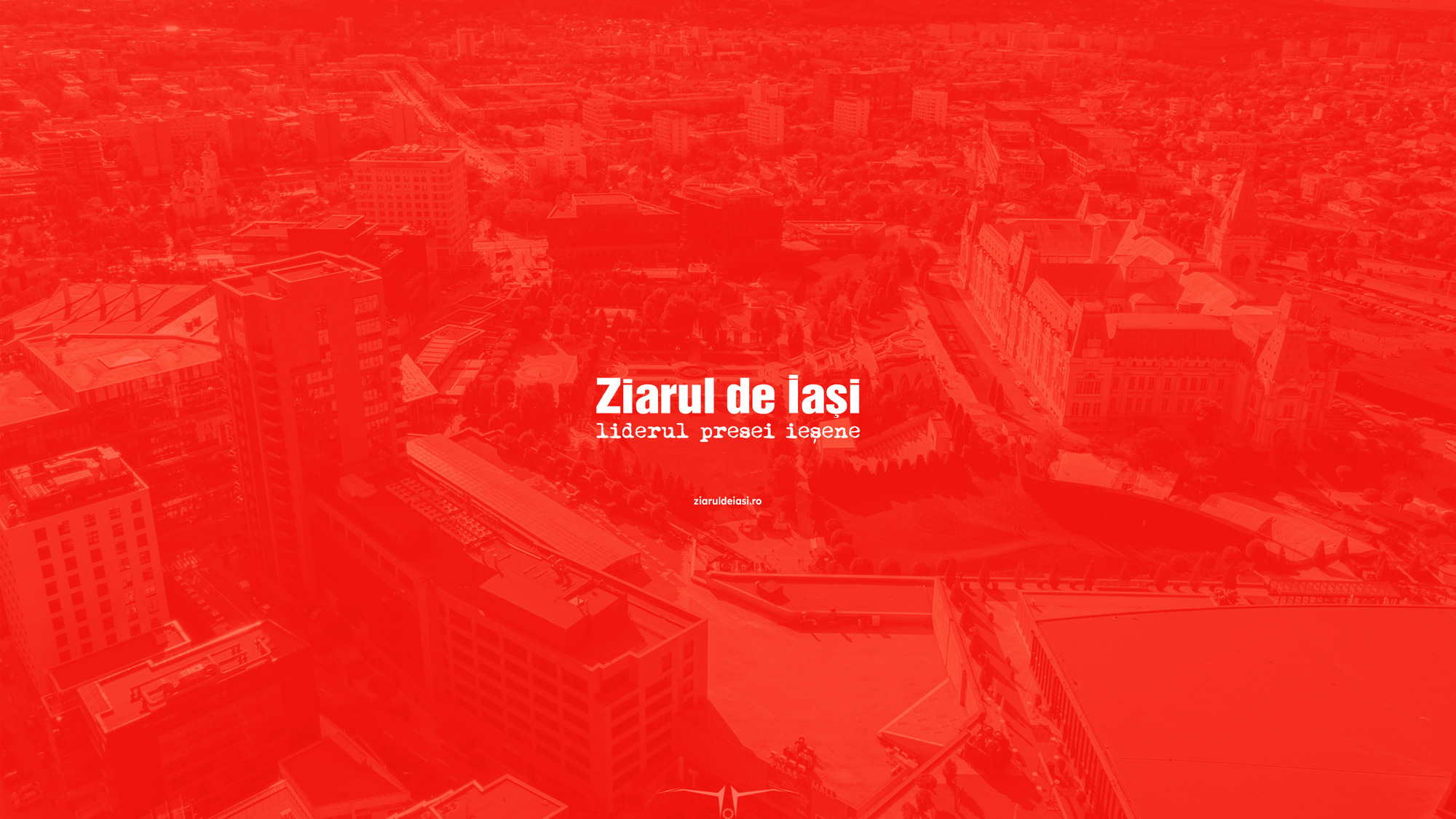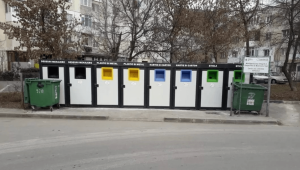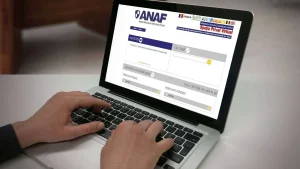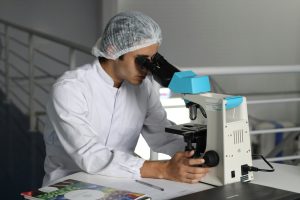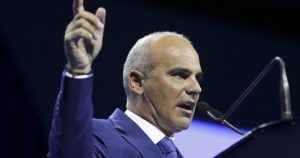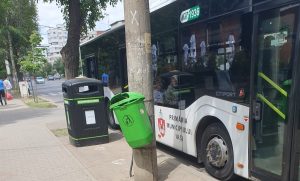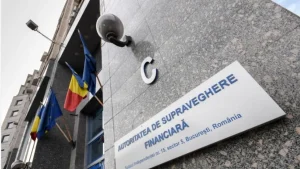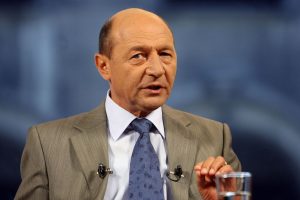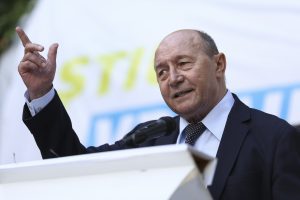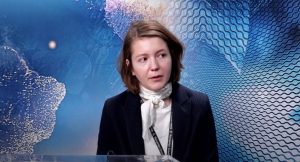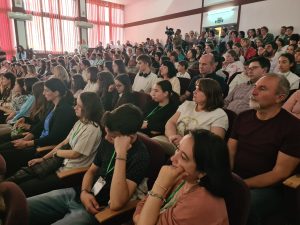
With real frenzy, people surrounded with jeeps and Mercedes have discovered lately in themselves deep social democratic convictions. Just in time to jump, using the good intermediary offices of PSDR, in the very seats of the ruling party. Seats, everybody hopes so, large enough to include interests of the most different nature, though excessive overcrowding already creates accentuated tensions on the "public affairs market" right now. Half jokingly, half seriously, an interlocutor was noticing the other day that the strong PDSR group of Bacau, gathered around Viorel Hrebenciuc, Cornel Iacobov, Mayor Dumitru Sechelariu and Mayor’s brother, state secretary in the Ministry of Transports and Public Works, cannot enter the county anymore. So, armed with feared political supports, the party cooperative of Bacau aims now, both in Iasi and other counties around, at construction works, on public money of course, hotel or companies acquisition. To the irritation of the local party colleagues, who have made different pre-electoral calculations.
The political behavior of PSDR is a perfect illustration of political opportunism. Pocket party, without real political relevance, it jumped from one boat to another using as an exchange currency in the negotiations its international acknowledgment, as a member of the Socialist International. Alexandru Athanasiu and his few party colleagues play also the role of image detergent for the ruling party. A quite benefic one not only at the international level but also at the internal one. For instance, a term as "PDSR-ization", entered in the political vocabulary, will have to be replaced with "PSD-ization", somehow more difficult to be uttered. Political opportunism, otherwise, is flourishing. Parliamentarians go from one party to the other easily, not because of changes ideological convictions, but out of banal personal reasons. Those who think that such things happen in other countries too are wrong. Political castling are rare even in countries as Italy or Greece, where public moral is significantly more tolerant. What happens in Romania is not, unfortunately, a characteristic of only the political media, hence, probably, the lack of reaction the electorate proves to these situations. It has the mark of a general lack of seriousness at the level of the Romanian society. In the collective mental the trick is more appreciated than the constancy of convictions and assumed engagements.
After all, the fresh fusion solves the PDSR need of external legitimacy and reshaping of public image in the country, and it repairs the temporary "lack of orientation" of some important businessmen that had the bad inspiration to stake on other political parties, especially ApR – when this political formation was on the top of the wave. Yet, the fusion will not be painless. Pretty many leaders and local organizations of PDSR do not seem delighted with the new acquisitions, though they accept them, in disciplined way, so the big backstage fights and strategic repositioning are to be expected in the near future.
Somehow, this name change also reflects a political weight change within the former PDSR. If the Vacaroiu Cabinet was mainly the expression of an accentuated domination of the managers’ interests in the state enterprises, the Nastase team runs a party in which influence passes quickly to the hands of some business groups spread all over the country that, though they wouldn’t give a penny on the social democratic ideas, need political support to have access to public money. Though they still are well-represented in the party, the former activists visibly lose ground. The power of money constantly erode their influence and diminish their utility.
What kind of a party will PSD, that is the "new" PDSR, be? A party with an ideological mark more and more colorless and with more and more accentuated cliental character. Politics are made, more and more, with money, enthusiasm, still alive five or six years ago, has disappeared. Without resources, with the majority of the mass media channels already controlled by the ruling party, the few well-wishers ready to fight for their ideas and convictions have few chances of practical success. Or, the strong impression of political disequilibrium and the feeling PDSR will stay in power for long from now on discourage, for now at least, the intentions of some business groups to support opposition parties too. Which, after all, might increase the disparity.
Everybody agrees that, in principle, without a reasonable political equilibrium Romania cannot stabilize on a medium and long run. It cannot become compatible either with NATO or, even less, with the European Union. Though they don’t say it openly, in the backstage, the Occidental analysts are concerned with the political situation in the country, in which there is no big governing alternative, if we exclude a nightmare situation in which PRM would play this part. A context that serves nobody, not even the new ruling Social Democratic Party, especially now that Romania goes through decisive moments for its historic destiny.
As the answer to such a question cannot come from the exterior, we hope as usually that something will happen and, in spite of the growing cynicism, of the generalized disinterest for politics and of the flourishing opportunism, a miracle will occur and in the period to come the Romanian society will finally manage to coagulate a counterweight to the fresh and almighty PSD.
(Alexandru LAZESCU )

